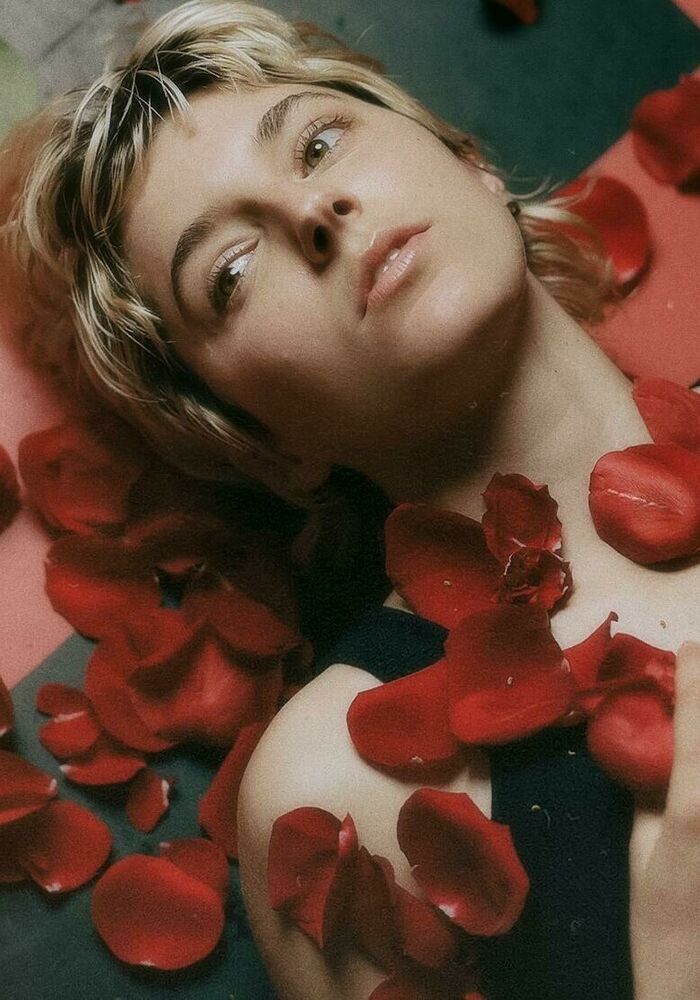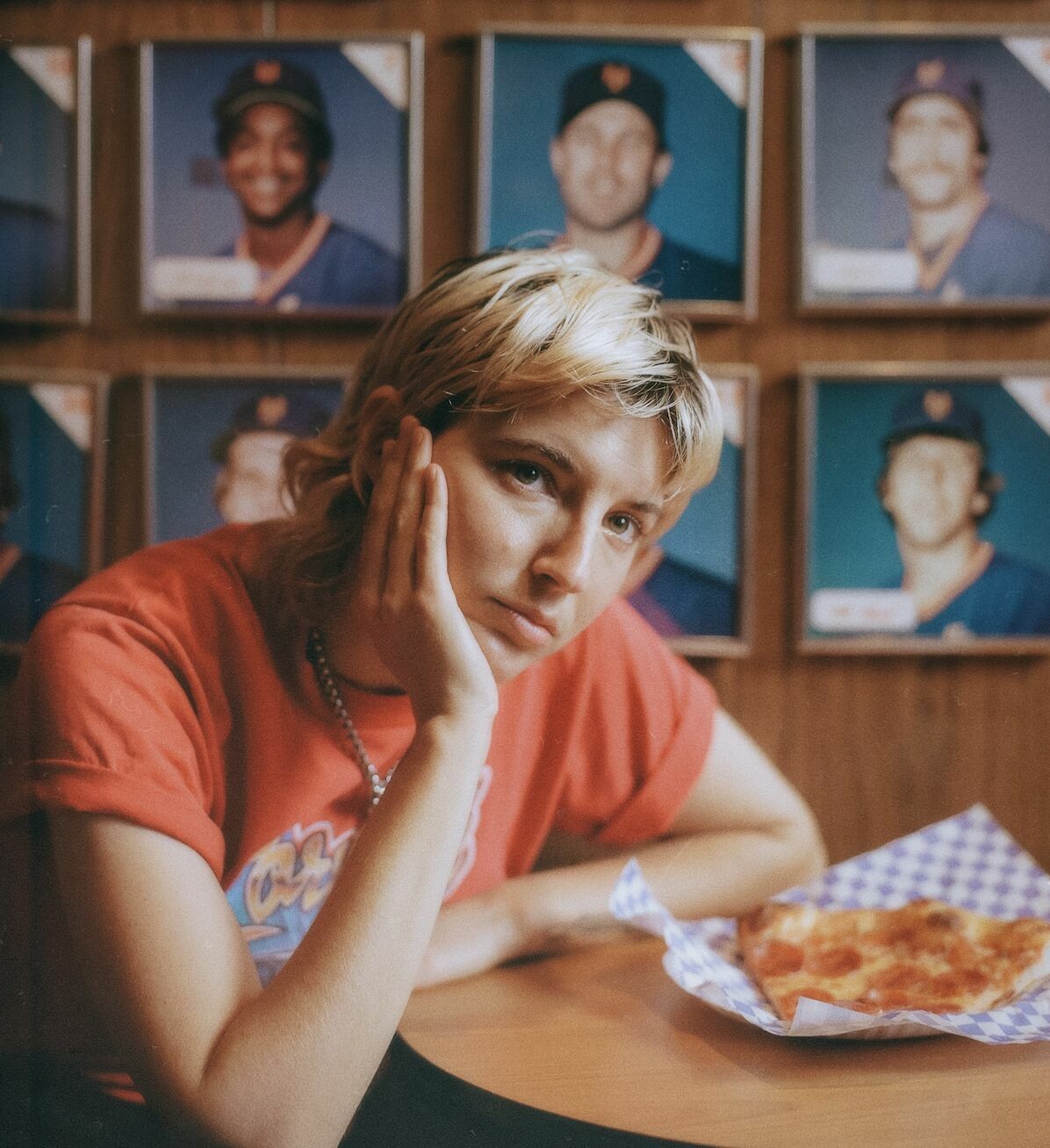“I wanted to make sure that all of these songs could be played on their own, so there is this process of prepping the songs. I think of it as having a chunky sculpture that needs to be defined with a chisel, and you improve it so that you are squeezing as much emotion out of the songs as you can. And the fun part is then experimenting with the production. I’m not one of those people that gets into the studio and is like, right, here is exactly what we’re going to do. I usually come in with a handful of ideas and take it from there. Then it’s a case of piecing it all together, getting the carving knife out and turning into a sculpture.”
After spending some time discussing the reactions of those closest to Rose upon hearing the record, our focus fixes on single Miami. A significant musical departure from the electro indie pop of Superstar, were there any surprised responses to such a raw outpouring of heartbreak?
“I don’t think there have been many reactions of people being surprised by it, which is maybe more surprising to me,” they laugh. “Miami was a song that came really quickly, and you don’t need a whole lot to feel the impact of it because it’s just raw emotion. It’s a bit like when teenagers first start a band and it’s just full of all these unbridled emotions. It’s like smashing three chords on the guitar and screaming, ‘I hate you mom, I hate you dad’! There’s something so amazing about those songs because they are completely raw and completely honest, and I think of Miami as one of those songs. I had all these emotions and had been trying to keep them together through this really painful process of rediscovering myself after losing my mind a little bit. And going through this really painful breakup I was like, FUCK! I just wanted to scream and cry at the same time.
“But I still think there is humour in a lot of this album, even in Miami, which is pretty devastating,” Rose continues. “But it’s in my own way, it’s no longer very obvious but it still has my sense of humour. There is a line in it where I’m talking about a conversation with my mom on the phone and she’s like, ‘for God’s sake stop talking about dying’. My parents were taking care of my grandma, so they were stressed and dealing with loss, and they are now nearing the last quarter of their lives – assuming you live to a certain age – and I find it just a comical reset button. All these moments where we are grounded from what goes on in our head - we overthink everything. I do, I overthink everything and get stuck in my own head, and then little moments like that make you go, you know, you’re right, I’m being crazy’.”
At the time of our chat, Rose is gearing up for a full international tour in support of The Art Of Forgetting. It’s a prospect they are relishing but, in light of what transpired last time around, are not taking for granted.
“There are no guarantees, that was a big lesson for me last time,” Rose reflects. “These wrenches can get thrown in the mix that can stop your plans, but you can find something different to do instead. I’m more open minded to things now. At the end of the day, I went through this time, made an album about it that I’m really proud of, and that’s a big feat for me.
“Usually, I’m tearing apart my own work and just thinking about everything I could have done differently. But I made it part of my constitution when I was making it not to feel like that. When all is said and done, I have this album I’m really proud of, the songs still move me, and I think that in itself is a huge accomplishment for me, and I feel really proud of myself. And the fact that I feel proud of myself is a huge accomplishment.”
That Rose has not only been able to overcome the circumstances that underpin The Art Of Forgetting but emerge with a record of such scope and creative dexterity is an achievement of which any artist should be proud. The evolution they have undergone in the space between albums has been profound. And in this stark articulation of personal experience, they may have produced their most universal and affecting piece of work so far.





